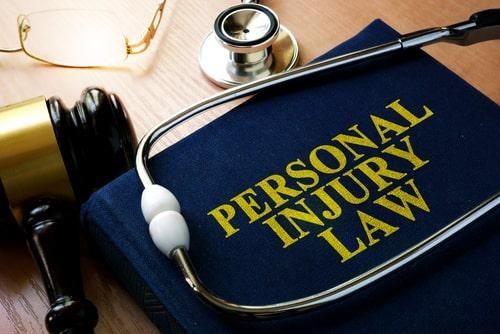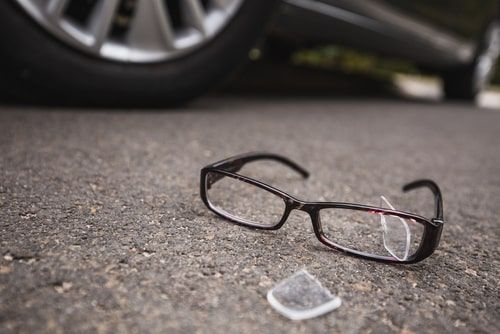Why Lying About the Extent of Your Injuries Can Hurt Your Personal Injury Case

When pursuing a personal injury case, honesty and integrity are of utmost importance. But what happens when someone lies about the extent of their injuries? Today, we will examine the consequences of misrepresenting injuries in a personal injury case and highlight why it can significantly harm your legal position. And remember, if you are injured, a personal injury attorney can be immensely important as you look to secure compensation for your injuries.
Loss of Credibility
Misrepresenting the extent of your injuries can severely damage your credibility and undermine your entire personal injury case. Honesty is a fundamental aspect of any legal proceeding, and when your credibility is called into question, it can create doubt about the validity of your claim. Lost trust can greatly impact the judge, jury, or insurance adjuster’s perception of your case, ultimately diminishing your chances of receiving fair compensation.
Negative Impact on Settlement Negotiations
Misrepresenting injuries can adversely affect negotiations when seeking a settlement in a personal injury case. Insurance companies evaluate claim credibility meticulously and examine medical documentation, records, and testimony carefully. If inconsistencies arise between your claims and medical evidence, adjusters may doubt the legitimacy of your case, resulting in offers of lesser compensation or even denial of the claim altogether.
Undermining Professional Opinions
Professional opinions in car accident personal injury cases often play an important role, especially when quantifying damages. Misrepresenting injuries can challenge the opinions of medical professionals, leading to conflicting interpretations of your medical condition. Should inconsistencies or fabrications come to light, it can discredit professional witnesses, weakening your case and negatively affecting the outcome.
Legal Consequences of Lying
Misrepresenting injuries can not only harm your personal injury case but also carry significant legal consequences. If it is discovered that you deliberately made false claims intentionally misleading the court, or that you fabricated evidence, you may face criminal charges like perjury. If convicted, these charges may result in fines, imprisonment, and irreparable damage to your reputation. The potential legal ramifications outweigh any potential gains from dishonesty.
Adversely Affecting Future Claims
By misrepresenting injuries in one personal injury case, you also risk damaging your credibility in any future claims. This can impact your ability to seek compensation even if you have legitimate injuries. Insurance adjusters have long memories, and a previous history of dishonesty can lead them to prejudge your future cases, making it challenging to achieve fair resolutions.
Contact a Katy, TX Personal Injury Attorney
Maintaining honesty and integrity is crucial throughout the entirety of a personal injury case, including accurately representing the extent of your injuries. Contact the esteemed Fort Bend County personal injury lawyer with The Hatton Law Firm PLLC for legal assistance. Call 713-840-6344 for a free consultation.
Source - https://statutes.capitol.texas.gov/Docs/PE/htm/PE.37.htm












